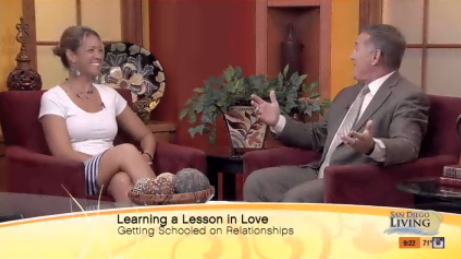Sexting has gotten a bad rap. And it's often considered something only the young or newly dating do, so it's dismissed as trivial. But when I was recently interviewed for Shape Magazine online about sexting for married couples, I was thrilled to share some tips and tricks and give sexting some validation! Here are a couple of the points I offered:
"Men tend to enjoy more explicit sexual references and don't find it embarrassing, so the more you just decide to own your choice to be flirty and trust your husband's response, the more fun you both can have with it," says Jenn Gunsaullus, Ph.D., a sociologist and intimacy counselor in San Diego, CA. Plus, that unfamiliar feeling that may be making you hesitate is actually what makes it such great foreplay: The element of surprise and newness can be sexually exciting, she adds.
"The mind is our main sex organ, and choosing the right flirty words to seduce your partner can make them feel very desired," Gunsaullus explains.
Read the entire article 6 Tips for Sexting Up Your Marriage by Rachael Schultz, about the whys and hows of sexting your long term partner!
~Dr. Jenn Gunsaullus, San Diego Sexologist, Sex Speaker, Sociologist







































